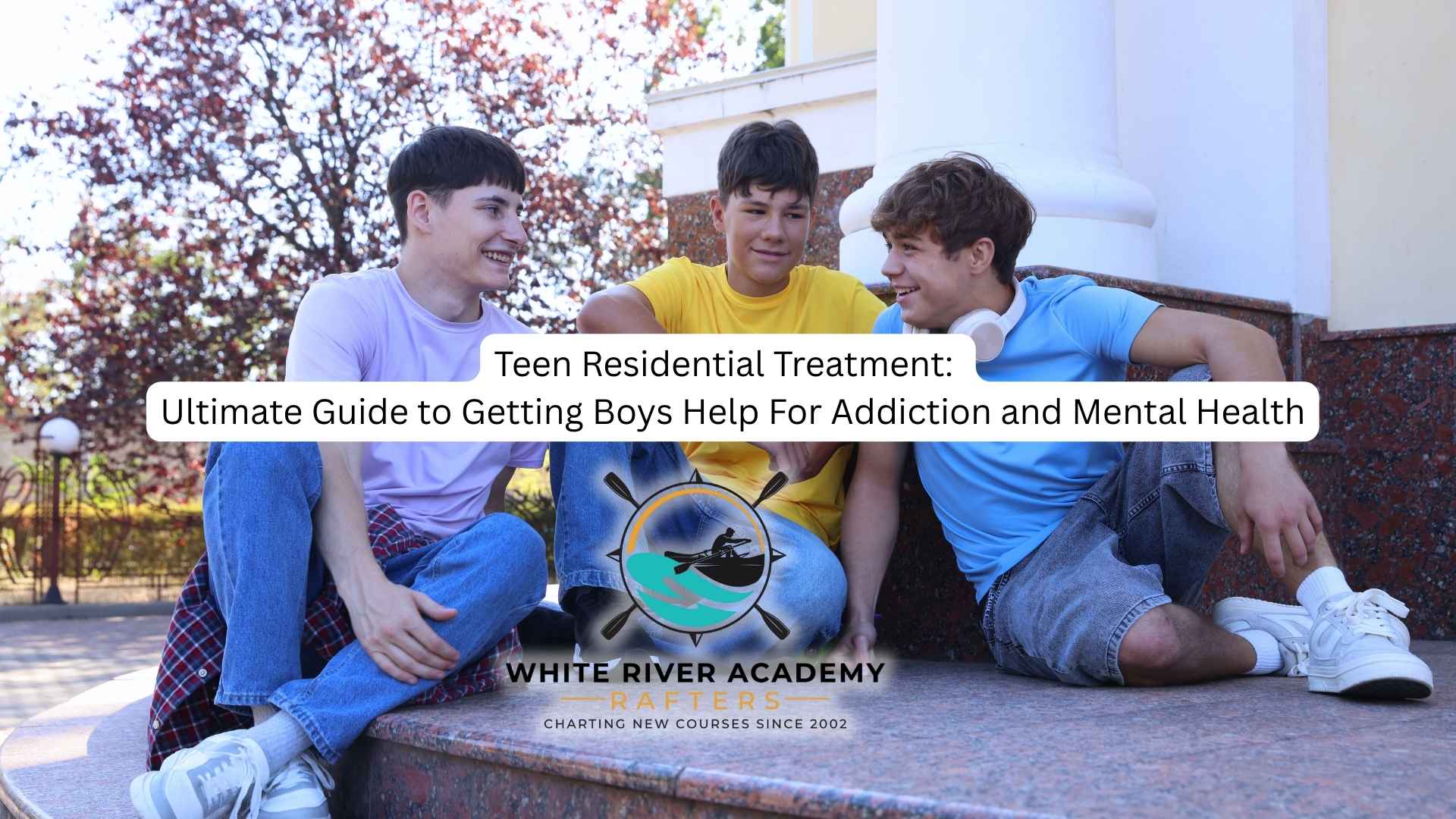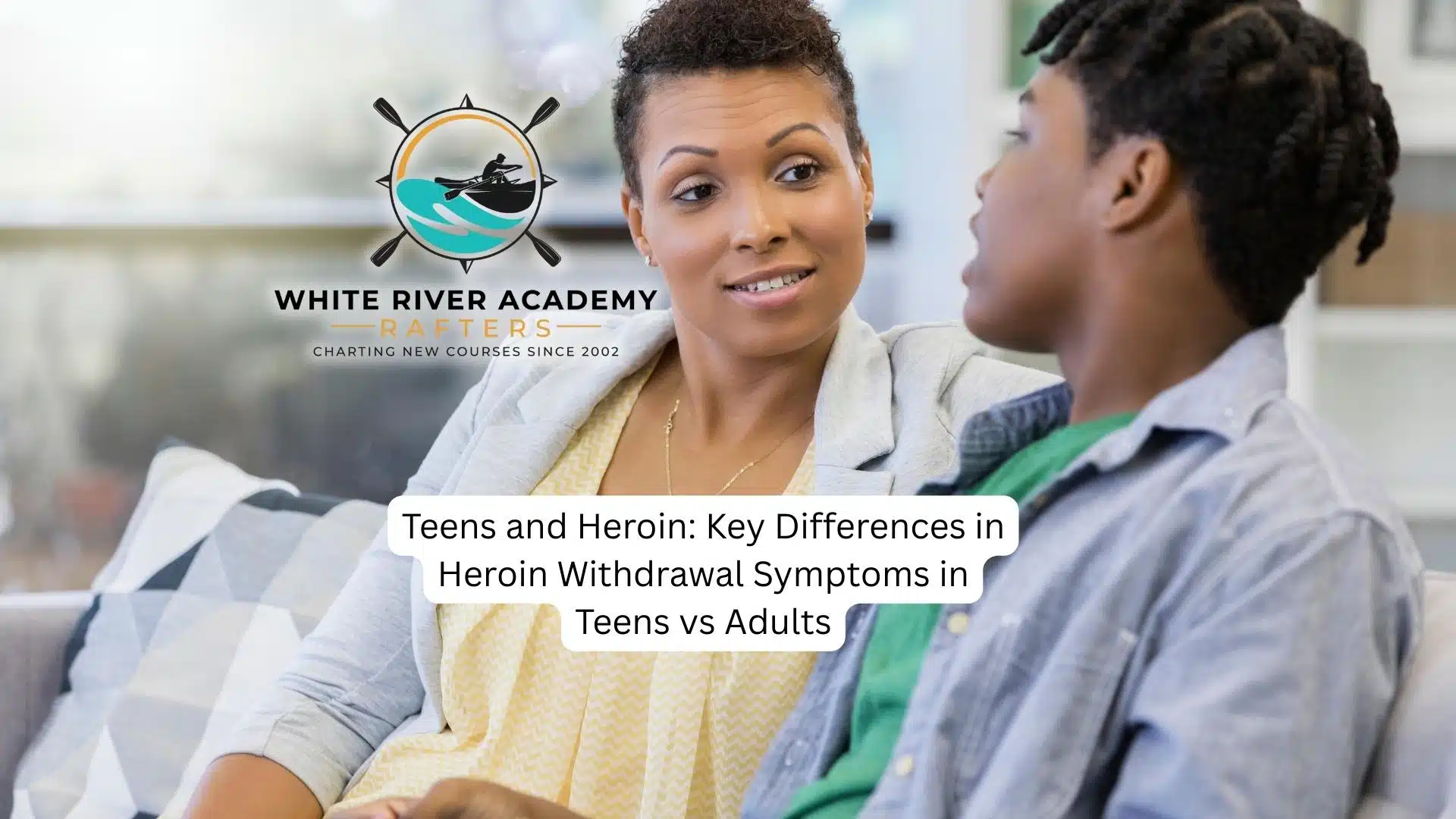Therapeutic boarding schools have become a vital option for families seeking help for teens facing emotional, behavioral, or academic challenges. As this often significant investment of time and resources is considered, understanding the success rates of these programs becomes essential.
In this article, we will examine how success is defined in these settings, explore existing research and reported outcomes, consider factors that influence their effectiveness, and discuss the challenges involved in measuring success within this complex, individualized form of treatment.
Understanding Therapeutic Boarding Schools
Therapeutic boarding schools provide specialized residential programs designed to support adolescents dealing with emotional or behavioral issues, mental health conditions, substance use disorders, or academic struggles that traditional schooling may not effectively address.
These schools offer a structured environment combining therapy, academic instruction, and life skills development. Students often present with diagnoses such as depression, anxiety, ADHD, trauma histories, or substance dependence. Unlike conventional boarding schools, therapeutic programs integrate licensed mental health professionals and therapeutic modalities into daily life, forming an intensive, all-encompassing treatment approach aimed at healing and growth.
Defining “Success” in Therapeutic Boarding Schools
Success in therapeutic boarding schools is multifaceted and varies according to individual goals and program missions. It can include immediate behavioral improvements, academic progress such as earning credits or graduating, emotional resilience, and improved social skills.
Long-term success often encompasses sustained recovery from mental health symptoms, substance sobriety, healthy relationships with family and peers, and positive outcomes in higher education or employment.
Key measures of success typically include:
- Academic achievement and graduation rates
- Reduction or remission of behavioral problems and psychiatric symptoms
- Enrollment in college or job readiness following program completion
- Strengthened family dynamics and community reintegration
- Emotional regulation, coping skills, and social well-being after leaving the program
Because every student enters therapy with different needs, success is often tied closely to individualized treatment plans and ongoing progress assessments. Tracking these outcomes objectively can be difficult, and success may look different depending on the youth’s background and challenges.
Reported Success Rates: What the Research Shows
While therapeutic boarding schools commonly share success stories and positive testimonials, rigorous third-party research examining their effectiveness remains limited. Independent studies on long-term outcomes are sparse, and much available research is funded by programs or industry groups, which can introduce bias.

Some smaller studies and program evaluations indicate that many students show meaningful improvements during their stay. For example, research suggests that 54% to 74% of adolescents experience clinical improvement by discharge, with many maintaining gains months later. Some schools report high graduation or advancement rates, and alumni often describe positive long-term effects on their emotional health and life skills.
Despite these promising findings, caution is warranted. The complexity of individual cases, diversity of programs, and lack of standardized success metrics complicate broad conclusions. Families are encouraged to seek thorough, transparent data and consider their child’s particular needs when evaluating outcomes.
Factors Influencing Success Rates
Several elements influence whether students succeed in therapeutic boarding schools, including:
Personalized treatment
Tailoring therapy and academic support to each student’s unique challenges enhances engagement and progress.
Quality of care
Programs with skilled, licensed mental health professionals and well-integrated therapeutic and academic staff generally see better outcomes.
Student-to-staff ratio
Lower ratios allow for more individualized attention and stronger support networks.
Parental involvement
Active family participation and support before, during, and after the program contribute significantly to lasting gains.
Duration and consistency of care
Longer-term stays with consistent treatment approaches tend to promote more stable recovery and skill-building.
Transition planning
Careful preparation for re-entry into the family or traditional school environment affects long-term adjustment and success.
Challenges and Criticisms in Measuring Success
Measuring the success of therapeutic boarding schools faces several challenges. Many programs are reluctant or unable to provide independent outcome data. Outcome measures differ widely. Some focus on graduation rates, others on symptom reduction or family relationships, making comparisons difficult. Industry-funded studies may naturally emphasize positive results, and the reliance on anecdotal testimonials can obscure more nuanced realities.
Students’ progress may fluctuate and relapse is possible, reflecting the need to view success as a process rather than a fixed endpoint. Increasing calls for transparency, standardized evaluation methods, and peer-reviewed research continue, aiming to provide clearer evidence of long-term effectiveness.
Long-Term Outcomes and Alumni Perspectives
Alumni of therapeutic boarding schools often report significant personal growth, including improved self-discipline, emotional regulation, and academic or career achievements. Many describe the experience as transformative, crediting these programs with helping them overcome struggles that previous interventions failed to resolve.
However, experiences vary. Some former students report ongoing challenges reintegrating or mixed feelings about the program. Overall, positive changes in emotional and social well-being appear common, though success is deeply individualized.
Final Thoughts from White River Academy
Therapeutic boarding schools can help teens with complex challenges, but success varies by program and individual needs. With limited research and no standard outcomes, families should review data carefully and see success as a gradual, personalized process.
White River Academy is a therapeutic boarding school in Utah tailored for adolescent boys facing emotional and behavioral challenges. Through a structured blend of therapy, academics, and life skills, it offers focused support that goes beyond traditional education, empowering students to grow personally and academically, and preparing them for long-term success.




